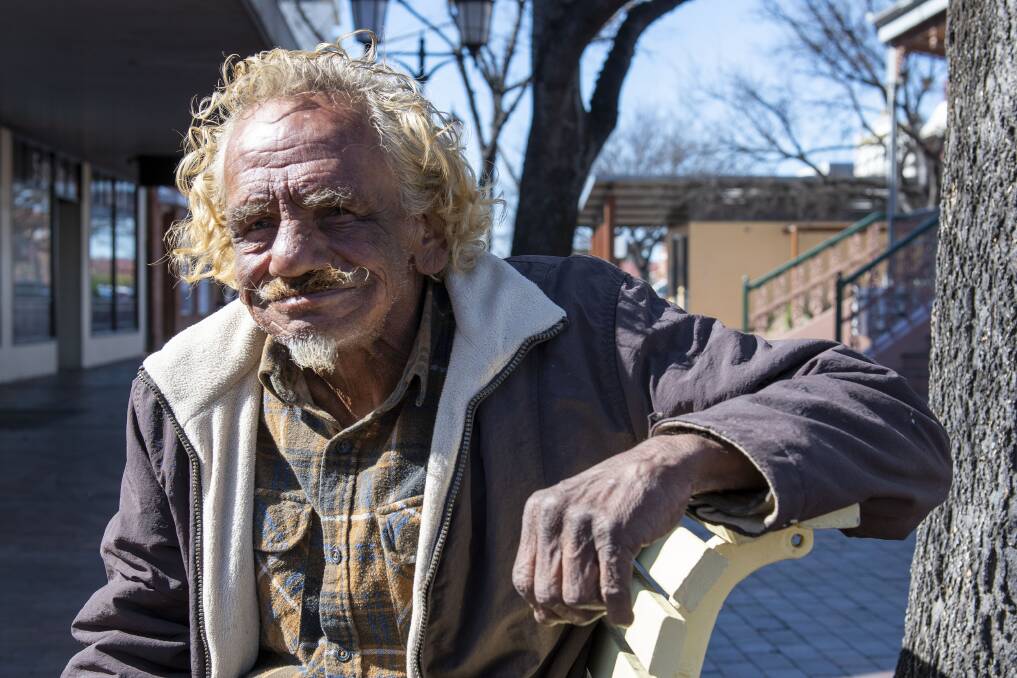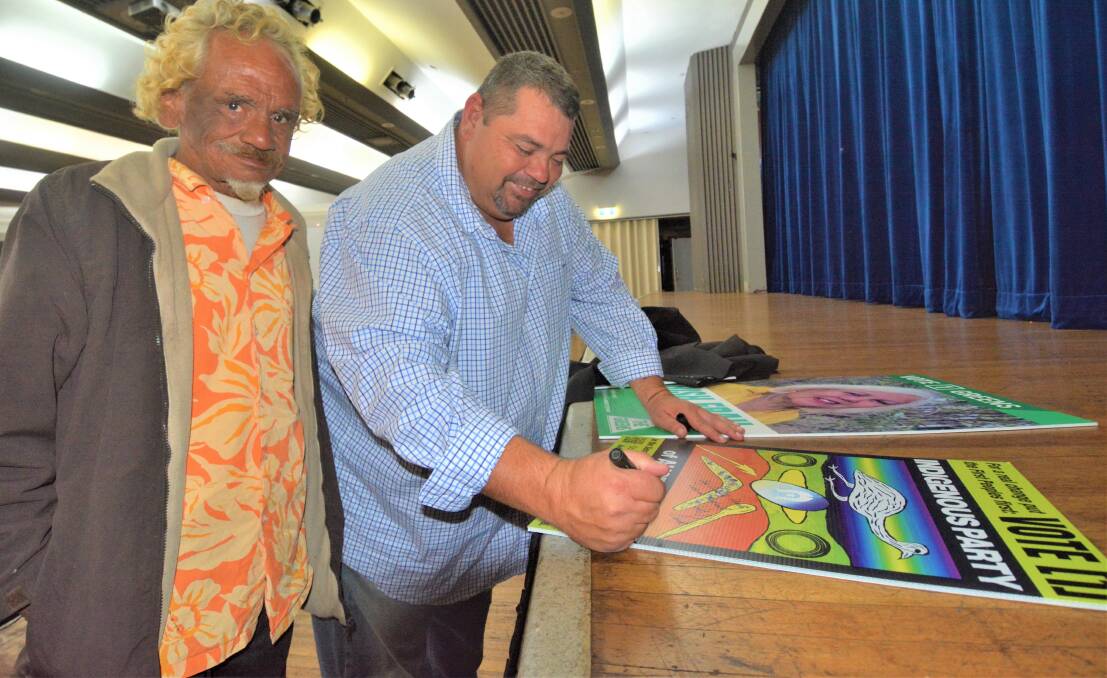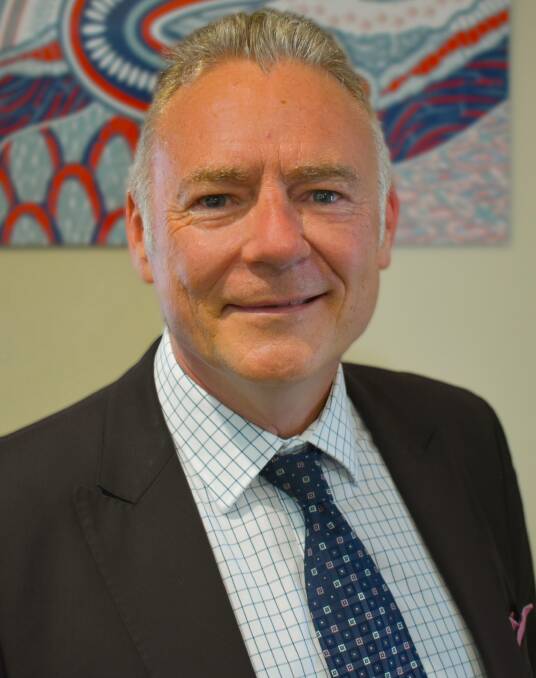
Now in his late 60s, Wiradjuri and Kamilaroi elder Frank Doolan revealed how preventable and chronic illnesses have plagued the region's Indigenous community.
Subscribe now for unlimited access.
or signup to continue reading
"From my knowledge of my community, a lot of chronic health problems have got to do with ears, nose, eyes, throat, breathing problems, and heart conditions," he said.
"A lot of Aboriginal people seem to be handicapped [looking after their health] greater than the broader population.
"Truth of the matter is many Indigenous people die needlessly from preventable illnesses often because they are unaware what [treatments] are available."
Mr Doolan said he was speaking from his own lived experience, and he would like health services to seriously look after those afflicted with diabetes, kidney and mental health.
Making news in Dubbo
- A Mendooran farmer and a Dubbo activist: Climate change wars alive on landmark bill
- Injured jockey to continue her rehab in north-west Sydney as fundraiser moves past goal
- Repeat offender granted bail after crashing car during chase
- Award winning: Dubbo's iClick2Learn makes an impact twice as a social enterprise
"I haven't drunk alcohol in 20 years or so and gave away tobacco years ago but you wouldn't know the effect of smoking or drinking in a long while," he said.
"I wouldn't say I am in great health...but in a way, years of life as a blackfella in the amount of trauma, abject poverty and harassment are evident in my life."
Better known as Riverbank Frank, Mr Doolan settled in Dubbo for over 30 years after growing up in Bourke and far west towns, and has made a home on the banks of Macquarie River in Dubbo, in a caravan without electricity and piped water supply.
Apart from his spartan lifestyle, he is more known passionate involvement with Indigenous families and children in the Dubbo-Orana region, assisting charitable community organisations such as LeaderLife, founded by Joh Leader at Apollo House in various capacities that help his community.

During the COVID-19 pandemic, Mr Doolan was the face of a local health campaign by the Western NSW Primary Health Network urging Indigenous residents in the region to take care of their health and get vaccinated against COVID.
Health is among the top Closing the Gap priorities in NSW and across the country to lift the standard of living of Indigenous Australians.
An Australian Institute of Health and Welfare findings taken from the 2020 Australian Burden of Disease Study impacting the causes of chronic illness and deaths among Indigenous Australians has shown they "lost almost 240,000 years of healthy living".
Of the five leading causes of Indigenous deaths in the study - mental health, substance abuse, injuries, cardiovascular disease, cancer and musculoskeletal conditions - for every 1,000 Indigenous people are losing 289 years of their lives.
But life expectancies are improving according to the suty, now 71.6 years for males while for females 75.6 years and the median age of deaths occurring from 56.5 in 2010 to 61 years of age in 2020, the study said.
Cardiovascular deaths fell from 323 to 229 per 100,000 Indigenous Australian between 2006 to 2018, the report said.
"My people are still coming in last in a first-world country like ours and health says much about it to a degree. It's chilling really and the basics still apply to Indigenous education, employment, and hope for the future that will put us in a rightful place in our society," Mr Doolan said.

A revised health care program for the region's Indigenous people will begin next January and local delivery has been tailored utilising the knowledge and connections of local members of the community, WNSWPHN chief executive officer Andrew Coe said.
Called the Integrated Team Care program, it is funded by the federal health department to support the health care of Aboriginal and Torres Strait Islander residents in the region.
It includes specialist doctors and allied health professionals looking into the chronic illnesses of local Indigenous people "to bring real, positive and lasting impact to the lives and well-being of so many of our Aboriginal residents," Mr Coe said.
Aboriginal-led health care organisations and care providers such as Maari Ma Health Aboriginal Corporation will be tapped to implement the services using their local knowledge and expertise in their communities, Mr Coe said.
IN OTHER NEWS:
- Award winning: Dubbo's iClick2Learn makes an impact twice as a social enterprise
- 'Hanging in by our fingernails': Nyngan crawls up the ladder in 'tough' season of netball
- 'I want to be the first police officer in my family': Dubbo's indigenous students on their way to joining the force
- Dubbo's 'grandest townsman' and his contribution to community health
Mr Coe said Maari Ma has assisted them in delivering ongoing health care programs for the Indigenous community, along with Aboriginal Medical Services and Aboriginal Community Controlled Health Services.
But a lot of the chronic illnesses have caused the deaths of many in his community, Mr Doolan said, and to help them out will be "a catch-22 situation."
"It can be fatal because of the lifestyle that Indigenous people under pressure often lead, so it's a catch-22 situation.
"There are things that are conducive to healthy living but consumption of alcohol, tobacco, and even drugs has a lot to do with our health situation...somewhere down the track, I think these are factors that play in a big way.
Helping out his community in ways he could, Mr Doolan said, he also finds himself wondering for "ways to help them out".
"Often my people know the solution to their own problems but what they appreciate in many cases is from somebody with a listening ear, somebody that empathises," he said.
"Aboriginal people don't want sympathy [looking after their health and life]...empathy is when your pain is my pain... it's about relationships that have got a human factor in it."


